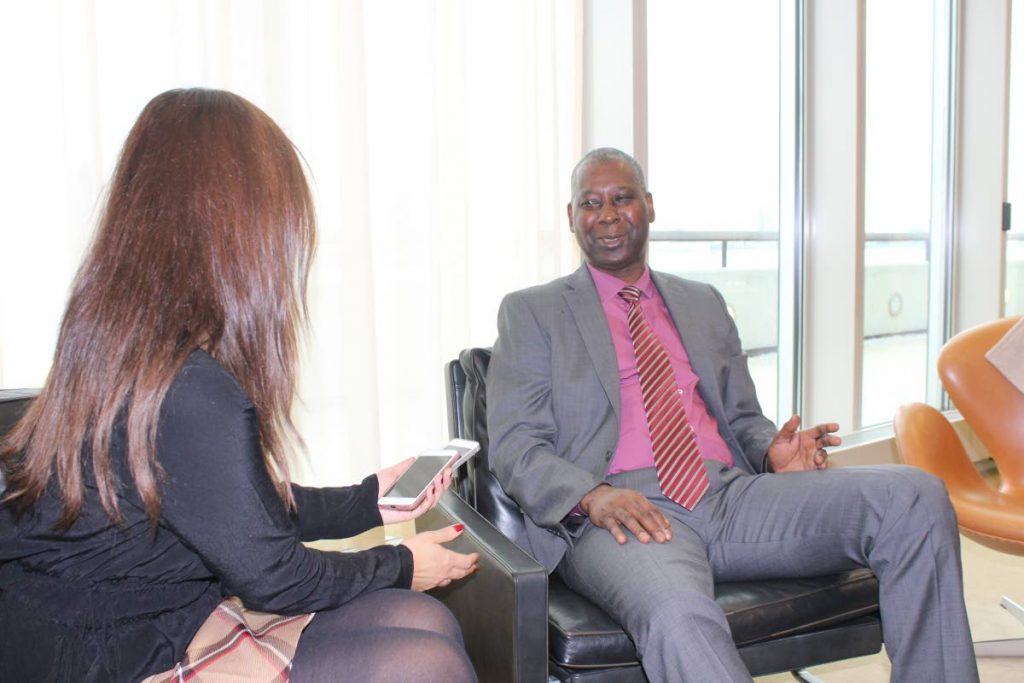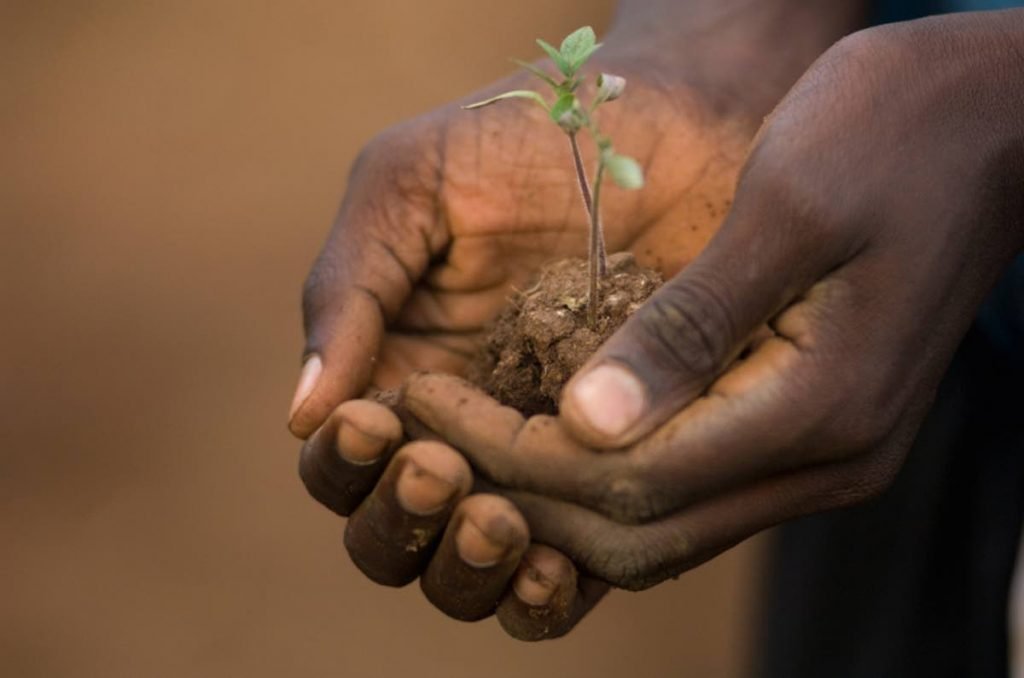UN a force for global peace and stability

In his inaugural speech on the day he was officially appointed president of the 74th United Nations General Assembly, Prof Tijjani Muhammad-Bande reminded his colleagues that the world looks up to the United Nations.
“We must never forget that… (the UN) is a veritable vehicle for attaining peace and security, sustainable development and universal human rights.”
It’s his goal then to use his office to “give privilege” to the UN’s primary concerns – global peace and security – as he advocates for the implementation of core elements of the organisation’s sustainable development goals (SDGs), including the number one and number two targets, poverty eradication and zero hunger. He’s also tackling education, inclusion and climate action.
Muhammed-Bande, 61, a Nigerian career diplomat and political scientist, assumed his new role on September 17, marking the official start of the UN’s new administrative year, taking over from a fire-brand predecessor, Maria Fernanda Espinosa of Ecuador. His term lasts one year.
The president, just shy of two months in office, met exclusively on Tuesday with the 2019 Dag Hammarskjold Journalism fellows, of which this reporter was part.
While most of the interview focused on African affairs – since Muhammed-Bande and the three other fellows hailed from that continent – Business Day asked about his thoughts on climate action as it relates to developing states.
“Climate action is a big issue. Just recently there was the Climate Action Summit before the GA involving heads of state (and government) and youth from around the world. That is a matter of importance and I think what we agreed to do in Paris in 2015 (the Paris Agreement), we haven’t really done as much or as well as we thought can do (especially) in terms of awareness,” he said.
It goes hand in hand with poverty eradication, and Muhammed-Bande noted the UN has frameworks in place to assist countries, including those threatened by rising sea levels. But the UN and individual governments can’t do it alone, so the organisation is looking for more creative ways to get private sector involvement, he said, including involving pension funds and finding ways to stop illicit flows of cash.

TT ratified the Paris Agreement, an international accord to reduce global greenhouse gas emissions and, thus, potentially halt global warming before it reaches two degrees Celsius, in 2018. The US, which is the biggest carbon emitter per capita, on Monday formally announced it would begin proceedings to extricate itself from the Paris Agreement.
But Muhammed-Bande isn’t too overly concerned about the impact. “The US is one country out of many, and even the US as you know while the government has a different view related to the agreement in Paris, cities and states are still on board and that’s where the action is. So, while I would like for the US not to formally withdraw because of its importance as a producer (of greenhouse gases), we don’t say all is lost. Many countries have committed to this and I think that I am sure it will not be a permanent position.”
Given its role then as a global mediator and neutrality in preserving peace and humanitarianism in the current geopolitical environment, is the organisation still relevant and effective in its mission?
Muhammed-Bande believes so, wholeheartedly, especially when it comes to solving concerns on a global level. One nation, for example, cannot solve problems of health pandemics or migration or climate change. Countries need to work together and that’s where the UN gets involved, engendering that co-operation.
“Just image what it would be in the conflicts of the world if there was no organisation like the United Nations. It would go back to the 1500s where you had the right of the powerful. It would be a very unstable world. The UN had been a very serious force for good. Even when we admit there are areas – and there are many – in which we didn’t do as much as the commitment had been. But the UN has set norms and no one really wants to go opposite to the UN. Even those who wish to do this would want some acceptance from the UN, so this is a necessity for (altruism and humanitarian aid).”
Carla Bridglal is Newsday’s associate business editor and a 2019 Dag Hammarskjold Journalism Fellow. Until November, she will be reporting from the United Nations General Assembly in New York.

Comments
"UN a force for global peace and stability"